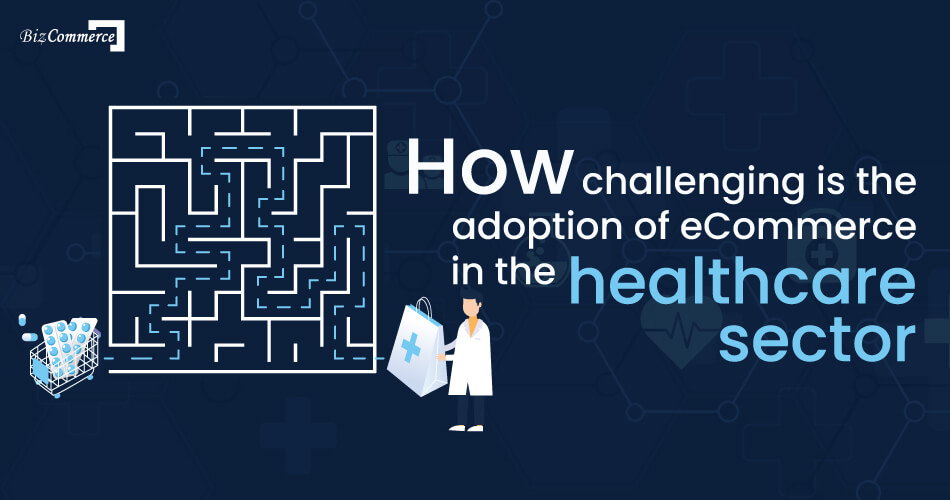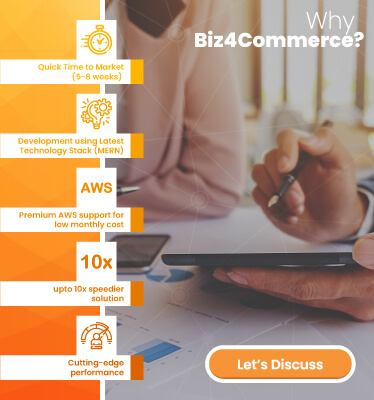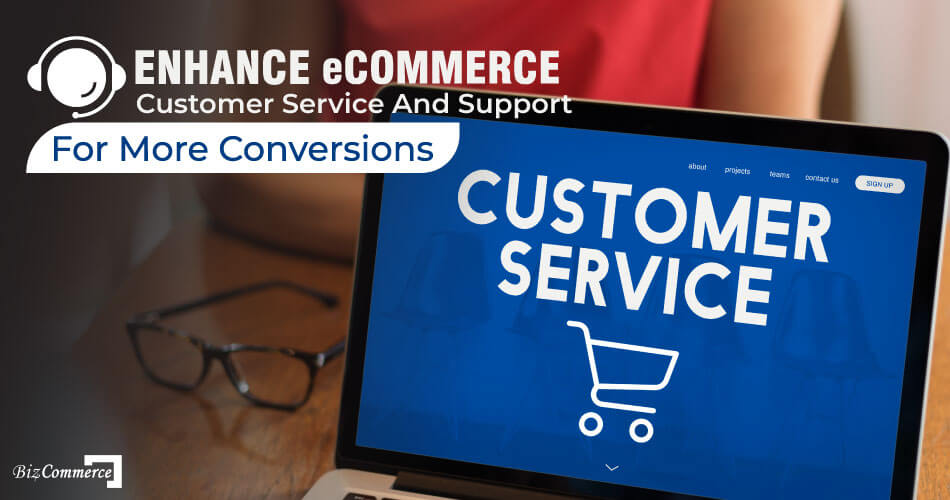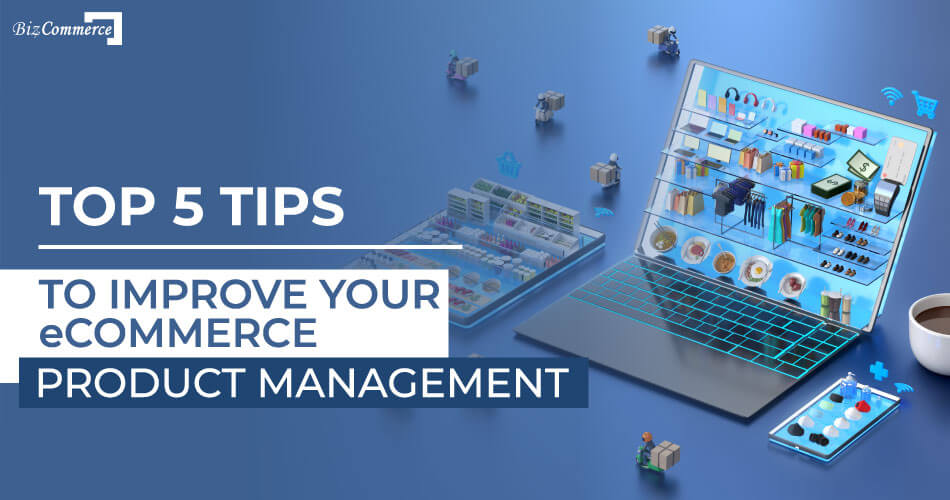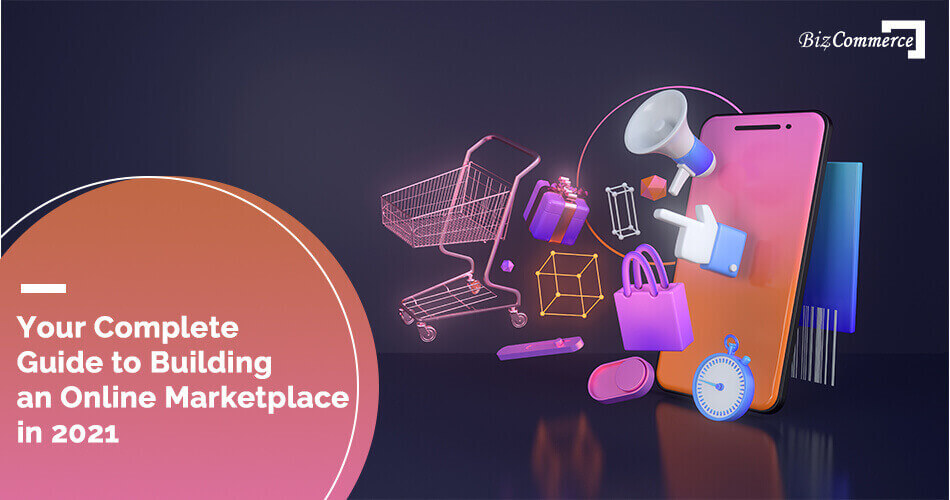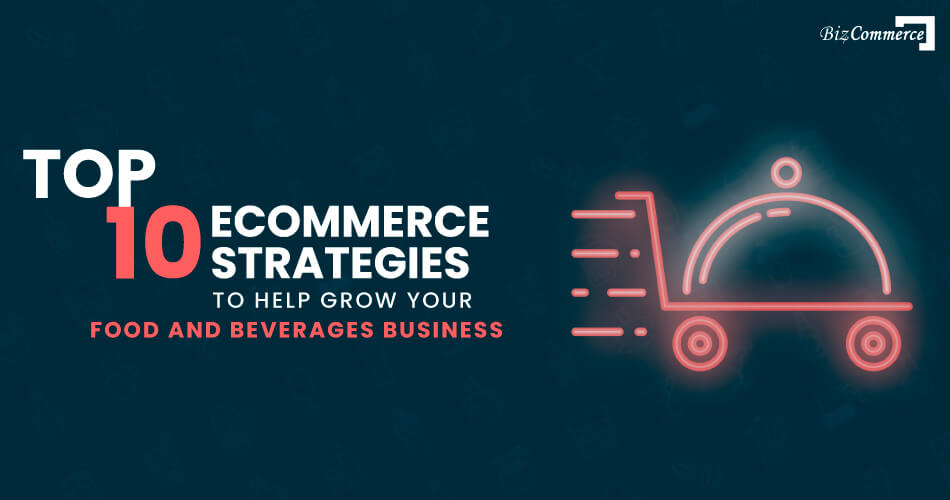How difficult is it to adopt eCommerce in the healthcare industry?
In today’s day and age of technological advancement, businesses cannot stay profitable without employing the latest technology and market trends. One such trend is eCommerce which has widely disrupted the business world and helped derive better value for both customers and business owners.
Over the years, we have seen various businesses make good use of eCommerce platforms and achieve higher growth prospects and profit margins. Industries like fashion, household, grocery, and electronics have largely benefitted from the popularity of eCommerce platforms. However, few businesses like healthcare have recently started picking up on the trend.
Going with the flow
The progress of the eCommerce domain in the past few years is incontestable due to a lot of reasons. The trend of creating an online marketplace has gradually become somewhat of a compulsion for all the industries. Though the healthcare sector is yet to get the hang of it completely. Biz4Commerce is a powerful MERN-based eCommerce platform with capabilities ranging from top-notch efficiency to on-demand scalability. The team at Biz4Commerce carries extensive experience in eCommerce store development within just 4 to 6 weeks of time. Need to get your own eCommerce store? Contact our eCommerce experts right away.
When we talk about the limited adoption of eCommerce trends within the healthcare domain, we refer to healthcare as a complete industry and not just selling medicines or pharmaceutical products. eCommerce holds much more value for the healthcare industry which is far beyond the online pharma store. With proper conception and implementation, eCommerce has the capability to transform the entire medical sector across the world.
Keeping future prospects aside, even the current progress in the healthcare system is quite stunning. Digitalization, for the most part, has been deep-rooted within the medical sector, where a well-connected system allows accurate diagnosis through advanced devices. And both healthcare professionals and patients can interact without even leaving their comfort space.
But can today’s advancement suffice the need for the future? In the healthcare system, awareness and accessibility are certainly improving with time and so are the challenges related to cost, privacy, and supply.
Challengers to Healthcare eCommerce
One of the biggest challenges for eCommerce adoption is the long-standing nature of healthcare. The eCommerce model we are all known to is much more B2C driven. This model isn’t applicable to the healthcare sector because of various factors like data privacy, trust-relationship, criticality, etc. In healthcare, the interaction between a healthcare professional and patient is much more complex when compared to the common brand-customer relationship in an online fashion store.
Next, the patient looking for healthcare support needs a much more detailed and personal consultation to ensure the best treatment can be availed. This can be a challenging task when carried remotely. Not only the diagnosis can be inaccurate, but it can cost you a lot of time and money. What’s more challenging is the volume flow. Because eCommerce platforms make the services highly convenient and accessible, a lot of patients may turn up. This can put excessive pressure on healthcare professionals.
Here are some of the challenges for eCommerce adoption in the medical business.
Delivery challenges
Apart from the existing challenges like centralizing the cost, speedier servicing, and accuracy in reports, delivery of medical products and services is also a great challenge. Customers can easily upload their prescriptions, avail consultation, and order the best medication & devices. But the real challenge is to overcome the delivery hurdles as healthcare is highly time-bound and critical.
Data security and privacy
The main reason why technological advancements are often held up in the medical domain is the HIPAA regulation and compliance issue. Not just the healthcare companies but medical institutions and even private clinics have to abide by the HIPAA compliance. This makes it extremely critical for healthcare providers to ensure top-notch data security and encryption.
Sensitive Timelines
Unlike the regular retail business, late deliveries can be of critical importance when it comes to healthcare products and services. If a clothing accessory is delivered late, it may not be of much concern to you. On the other hand, if a medical product arrives late it can have fatal consequences depending upon the patient’s condition. It is imperative that healthcare eCommerce works without flaws and packages get delivered on time if not before.
Compliance agreement with third-party vendors
Running an eCommerce business brings a lot of reliance on third-party vendors for certain services and supplies. For healthcare companies, this creates an even bigger challenge as there are not just devices but medications as well. Starting from the supplier to the delivery vendor, the scope of human error is way too much to risk.
Even the vendors and carriers have certain associated protocols that healthcare providers need to acknowledge along with FDA regulations and shipping issues. Also, not to forget the hazmat (hazardous material) goods compliance.
One of the biggest reasons behind the success of eCommerce is that it automates the complicated paperwork. But what happens when we consider the hazardous shipments that come entwined with the healthcare business. It poses great risks and challenges for the medical firm to maintain all the compliance without affecting cost, productivity, and regulations.
Updating and Reporting
It is a known fact that a good customer service strategy is the key to eCommerce success. Modern customers (patients) need frequent updates about their products, especially for time-sensitive medical items. In this case, handling every customer query while maintaining the best service quality is tough. Furthermore, the updations are mostly dependent on the carrier’s channel adding to the already high risk.
Replacement and Refund
Customers often request product replacements and refunds when it comes to eCommerce business. Business owners then validate the requests and ultimately process the request in order to preserve brand value and improve their customer servicing. This feature could be highly challenging for the healthcare sector as there is a greater associated risk regarding broken, defective, or product fraud.
Business Rules
The Healthcare domain has a broad array of service and product offerings which don’t necessarily go well with similar shipping or storage conditions. A lot of healthcare companies would need to establish their custom business rules for vendors in order to maintain the correct state of their product delivery. These rules can be related to a special transport service, temperature-controlled shipment, time-bound deliveries, etc. Managing and updating such business rules can be complicated for established and emerging healthcare institutions alike.
Conclusion
When it comes to adopting eCommerce technology, a lot of experts believe that the healthcare domain hasn’t really realized its true potential. However, developing a successful eCommerce strategy and implementing it is still a very challenging job for any healthcare institution. While we have listed a few of the pain points, there are a lot many challenges that come intact in this particular field. However, with a trusted technology partner like Biz4Commerce, you can rest assured about the complexities. It is a top-rated eCommerce development platform with a cutting-edge MERN technology stack and the right set of tools & services to turn your vision into a functional eCommerce store with best-in-class speed, reliability, and performance.
